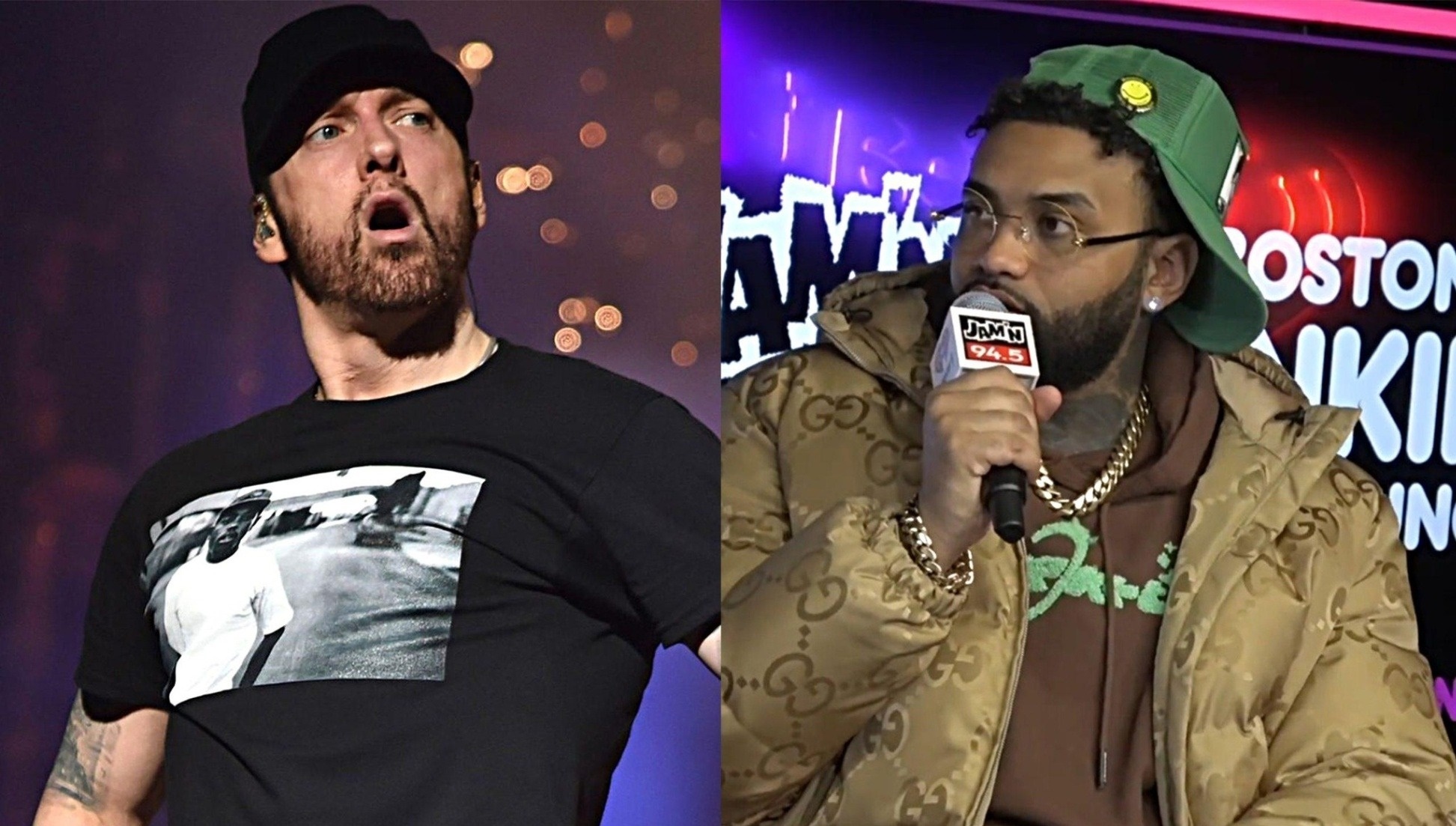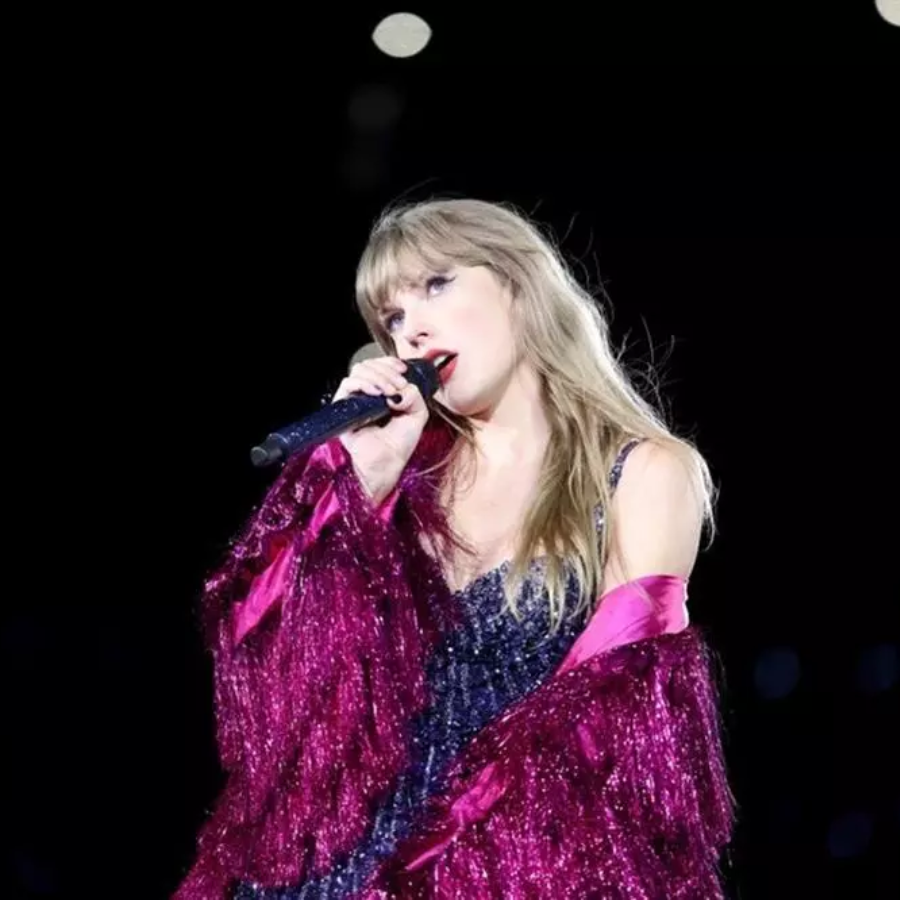
Pornographic images of Taylor Swift’s face changed US law
Last week, pornographic images incorporating the face of female singer Taylor Swift spread on American social networks, making her fan community very angry.
The latest incident with Taylor Swift caused American public opinion to ask: Why are there still no specific regulations in US law surrounding the act of creating pornographic content that incorporates people’s faces? real, then spread it on cyberspace?
This incident continues to cause lawmakers in the US to consider bringing the act of distributing pornographic content that affects the honor of others to justice.
Last week, a law prohibiting the dissemination of sensitive images using face transplant technology (“deepfake” technology) was introduced again before the US House of Representatives Judiciary Committee with the hope of changing the current situation. .
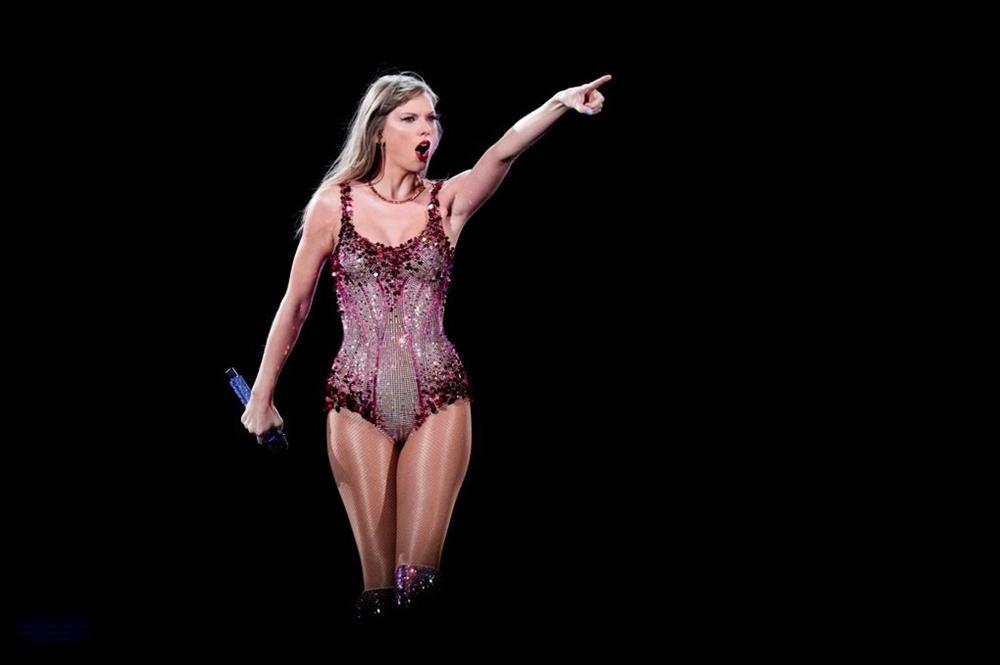
Last week, pornographic images incorporating the face of female singer Taylor Swift spread on American social networks (Photo: New York Post).
If this law is passed, the act of sharing sensitive content incorporating real people’s faces, without receiving the owner’s consent, will become a crime. At that time, those who produce and distribute content will have to face penalties such as imprisonment, fines or both of the above penalties.
When this law is passed, victims can file lawsuits in court and bring the parties who conduct and spread harmful content that affects their image and honor to court.
In fact, in the current era, an individual’s image and honor can be strongly affected by content created by artificial intelligence. These effects can seriously impact an individual’s work and life, health and spirit.
In fact, since 2011, Taylor Swift has issued a warning to fans about topless images and other pornographic content that includes her face. Swift has not been able to take official legal action and can only issue a warning to the fan community.
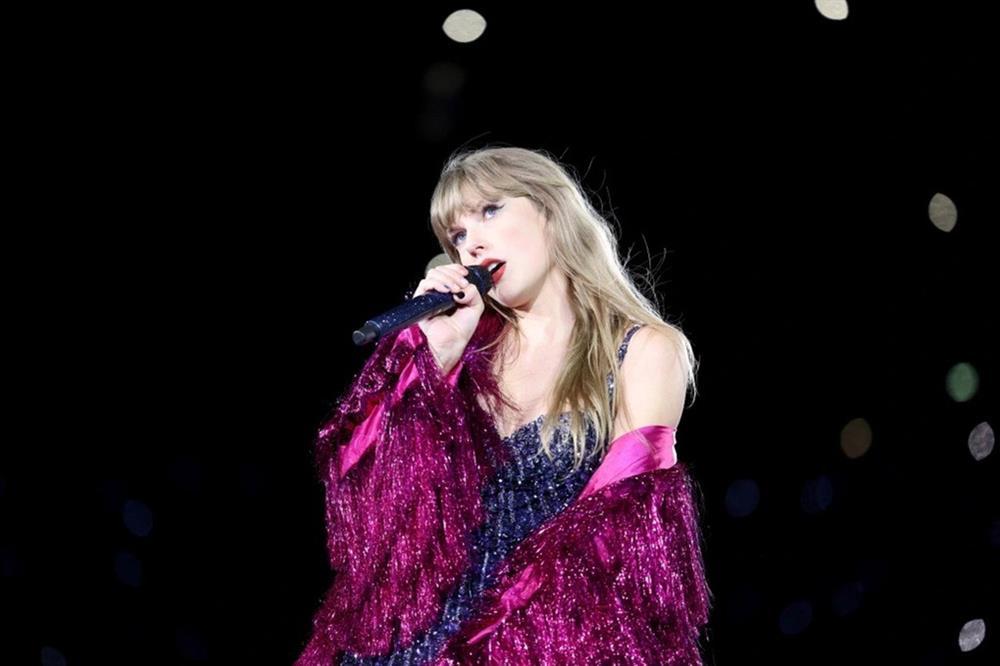
Famous people with many photos and clips online are easily targeted (Photo: New York Post).
Mr. Sam Gregory, executive director of a human rights organization in the UK, shared: “Many women have become victims of malicious ‘deepfake’ clips.
Now, in cyberspace, alert Internet users must understand that you cannot believe what you see with your own eyes. This is very worrying, because the real clip can be suspected of being fake, and the fake clip can be mistaken for real.”
“Deepfake” is a term that combines two words in English including “deep learning” and “fake” to talk about artificial intelligence researching and deeply understanding mirror expressions. of a person’s face, then create fake images depicting that person’s face to incorporate into the clip without that person actually appearing.
The image created is quite… realistic, which can make viewers at first think it is real content. Increasingly, “deepfake” applications are becoming more developed and providing more realistic images.
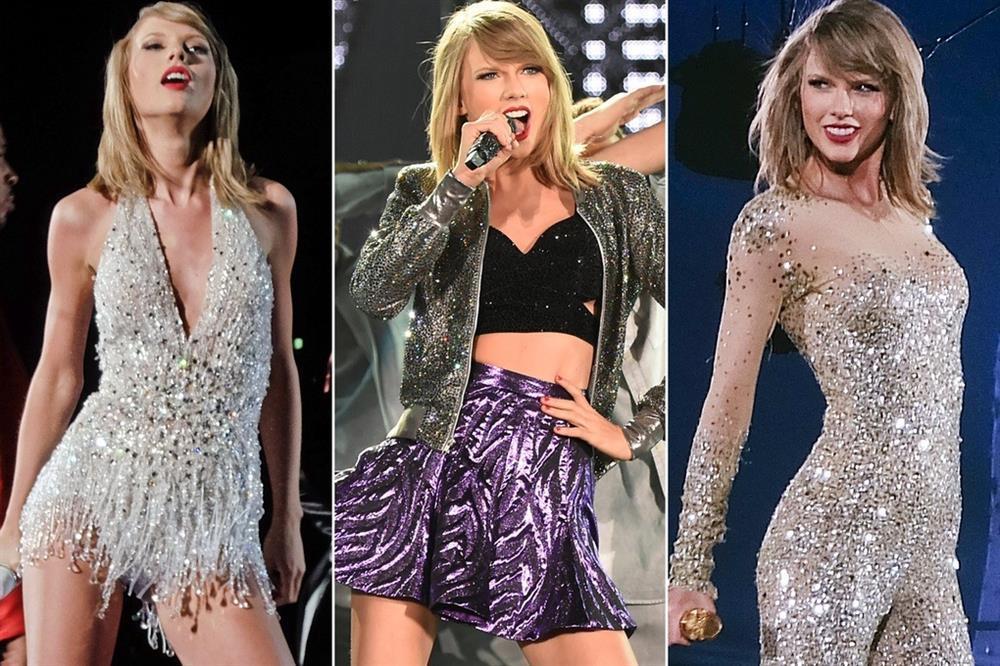
“Deepfake” clips will affect public trust, because real clips may be suspected of being fake, and fake clips may be mistaken for real” (Photo: New York Post).
Famous people with many photos and clips online are easily targeted, because artificial intelligence will have a lot of data available about facial angles, expressive habits, and how to open mouths. …
An expert in the field of technology in the UK – Mr. Henry Ajder shared: “This technology will exist from now on in our lives, and we will prepare to receive incidents in which, Negative and harmful content is created using this tool.”
Ms. Rachel Tobac, CEO of a company specializing in providing cybersecurity services in the UK, shared: “Now, there are ‘deepfake’ video clips that are so real that it is almost difficult to find clues to know that they are fake clips.” pretend.
The ‘deepfake’ clip will affect public trust, causing criminals recorded with video clips to initially deny that it is a fake clip. On the contrary, people who do not commit bad acts can be targeted, stigmatized and hurt with fake clips.”




